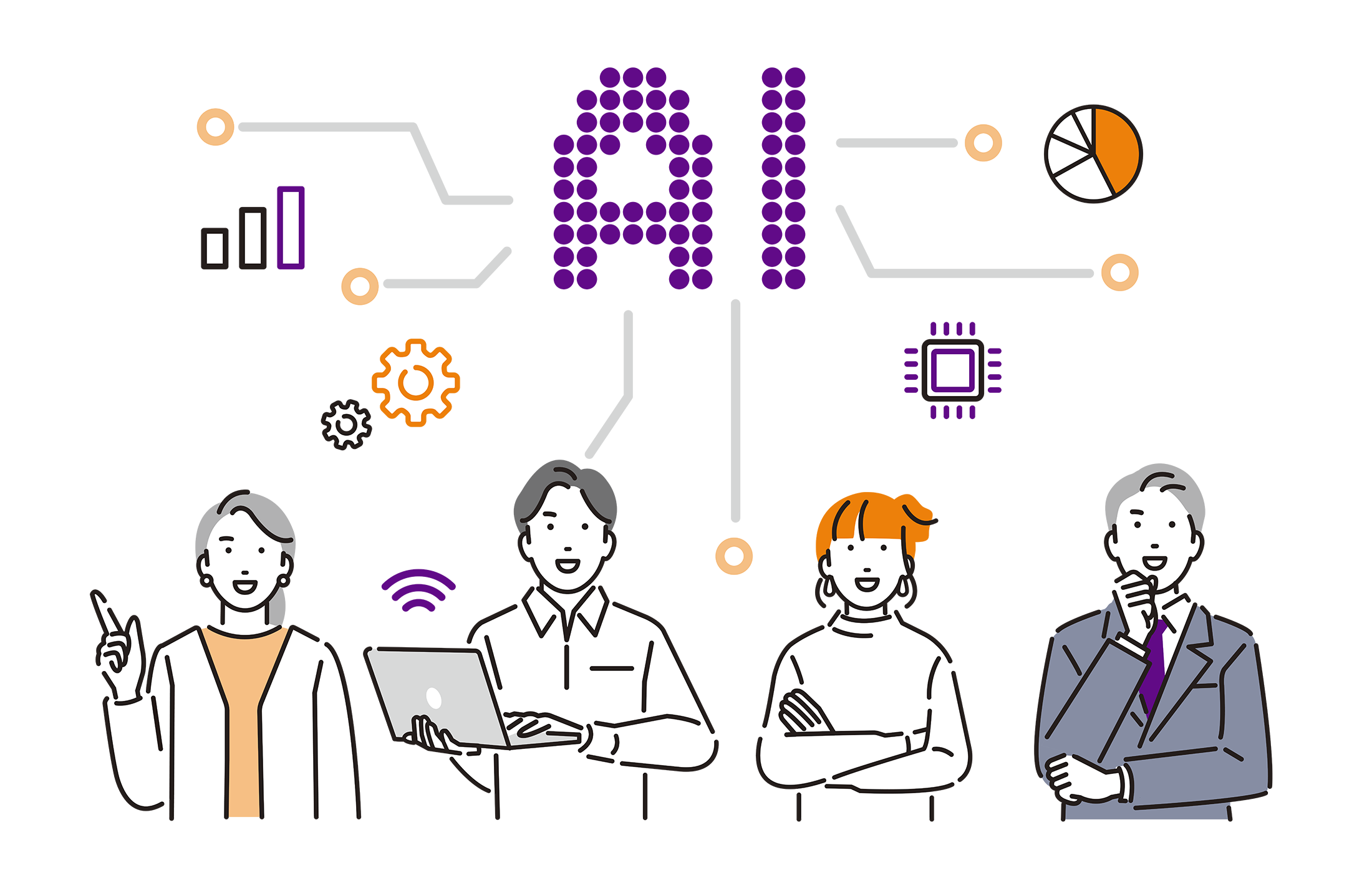Trust in AI: A Non-Negotiable Standard
By Dr Jasmine Grimsley - Chief Data Officer
AI is transforming our day-to-day lives and the way businesses operate, just as digitisation and automation did before it. But it isn’t just about technology—it’s about trust, transparency, and making the right choices to create real value for users. As the Chief Data Officer at Catalytic AI, my journey has been shaped by experiences as an Assistant Professor leading an academic research group, as a civil servant, and as a consultant, all centred around data, AI, innovation and public good. My goal is to help organisations leverage advanced analytics and AI agents to add value while ensuring that every tool used is understood, trusted, and applied in the right way.
From Neuroscience to AI
My career began in academia, using AI and automation to expedite analysis and mine data for insights into how the brain works to decode meaning and context from sounds. The ability to process and understand vast amounts of data quickly was a game changer, but it also taught me the importance of trusting the tools I used. In the earlier days of AI, I built many of my own models from scratch. But as AI advanced I was able to unlock the broad potential of bespoke AI and data science and the vast amount of shelf tools.
AI for Policy and Decision-Making
I moved to government as I wanted to help bridge the gap between the innovation in academia and what was used to drive policy decisions. Focusing on public and environmental health using AI, data science, and reproducible analytical pipelines—ensuring that data-driven insights were safe, robust, transparent, and actionable. During Covid I worked with operational response teams on the ground and with the highest levels of government, helping leaders make trusted decisions by providing insights generated by advanced analytics. These were crazy busy years!
Transitioning into consultancy post-covid allowed me to bring this experience to public, private and third sector organisations, guiding them in using data and AI for good. Recent research suggests that real-time feedback loops may also play a critical role in shaping trust in AI systems — especially in high-task, knowledge-based environments.
I did not leave academia behind though, I get to collaborate with fantastic academics on AI innovation projects and I still volunteer as a visiting fellow at the University of Bath, driven by a passion for the one-health vison and the capability of wastewater-based epidemiology to improve public and environmental health.
Trust in AI: A Non-Negotiable Standard
Every organisation has different needs for AI and automation depending on its specific use cases, and my role is to help clients determine these and apply the right level of trust to the tools used—ensuring human oversight where needed.
AI models can be confusing, seeming to function as black boxes, leaving users questioning their biases, robustness, risks, and real-world applicability. At Catalytic AI, we hold AI solutions to a high standard, rigorously evaluating their reliability, fairness, and generalisability.
This perspective is reinforced at a national level — the UK Government recently highlighted that increasing public trust in AI could unlock £65 billion in economic value over the next decade.
I would not use a tool I don’t understand the limitations of, and you shouldn’t have too either. I love working with client teams to help them understand what is under the hood of tools, sometimes cake is the best teaching tool for this!
Innovation with Responsibility
As an experienced educator in AI ethics and innovation across academia, government, and the private sector, I believe that true innovation doesn’t have to be high risk. Innovation is about being open to change, regularly evaluating processes, and keeping an eye on the horizon so that we can adopt the right tools at the right time. Sometimes, that means waiting for the right solution to emerge. Other times, it means bringing the horizon closer by building something bespoke (my favourite part).
The key is to find the simplest, most effective solution. Sometimes, improved data flows are the answer, or an off-the-shelf AI tool is perfect for the task, while other times, a bespoke approach is necessary. What matters is choosing the right tool for the job and ensuring it can be properly understood, integrated into workflows, governed and maintained.
At Catalytic AI, we are committed to helping organisations navigate the AI revolution responsibly, efficiently, and with trustworthiness at the core. AI transformation isn’t about jumping on the latest trend or a huge investment—it’s about making informed, strategic decisions that create lasting value. As I step into this role as CDO, I look forward to working with teams to unlock the potential of AI while ensuring it remains a tool users can appropriately trust and understand.
Trust starts with understanding
Take our quick AI Readiness Test to see where you stand, and the immediate steps you can take.
Your personalised report is free and only takes a few minutes.







